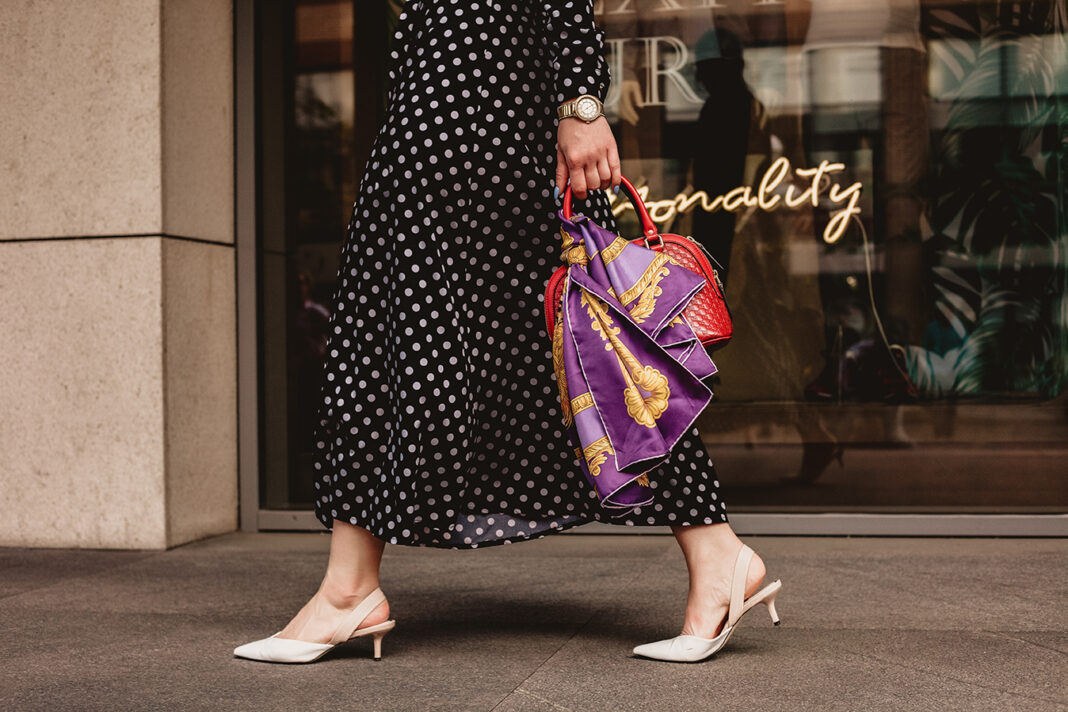As the world shifts, so do the rules of business. Running a luxury brand in today’s economy requires more than just maintaining your status quo—it’s about evolving and staying two steps ahead. Every luxury business owner knows they can’t rely solely on legacy or reputation. If you want to stay relevant, you need to adapt, innovate, and look for hacks that give you an edge. Here’s what savvy business leaders are doing to keep their luxury brands not just surviving but thriving in this unpredictable landscape.
Smart Tech Investment is No Longer Optional
Gone are the days when luxury meant hands-off or low-tech. In this new era, leveraging cutting-edge technology is essential to remain agile and efficient. Whether it’s implementing AI to enhance customer service or adopting sophisticated CRM systems to track consumer behavior, tech is the name of the game. However, one piece of tech that is often overlooked is GPS fleet tracking. You wouldn’t think fleet management would matter to a luxury business, but when your logistics are streamlined, deliveries become faster and more efficient, ensuring that high-end products get where they need to be. It’s about efficiency, and in the luxury market, that translates to satisfied clients and more trust in your brand.
Embrace Niche Markets with Bold Choices
In an economy that’s constantly changing, being too broad can dilute your brand. The future belongs to those who master their niche. Whether that’s tapping into sustainable luxury, catering to the wellness crowd, or offering bespoke services that few can replicate, the trick is to narrow your focus. Instead of trying to serve everyone, aim to serve a select, loyal clientele that’s willing to pay a premium for the personalized experience you provide.
When you think about how to manufacture or design products, it’s crucial to look at vendors who share your vision for quality. Consider who you’re partnering with within the supply chain. It could be manufacturers of bowl sleeves; steel can manufacturing companies, or anything in between. These relationships matter, and they can make or break your ability to stand out in your market. High-quality partnerships lead to high-quality products, which is what luxury buyers demand. This mindset of exclusivity and precision is what will set your brand apart in the most competitive spaces.
Don’t Just Market—Tell a Story
Traditional marketing is out. If you want to keep your customers engaged, you need to be more than just a brand with great products—you need to be a brand with a story. This means creating an emotional connection with your clientele. Today’s consumers, especially in the luxury space, care about authenticity. They want to know the “why” behind your business. What inspires your designs? How are your products created? What impact are you making in the world?
Social media, particularly platforms like Instagram and TikTok, is key here. Visual storytelling paired with authentic messaging builds loyalty. It’s not just about flaunting high-end lifestyles but giving clients a glimpse behind the scenes, showing them what they’re investing in and why it matters. Think of each post or campaign as a mini-story that reinforces your brand’s vision.
Sustainability: It’s Not a Trend, It’s the Future
Luxury brands have long been criticized for their environmental footprints but now is the perfect time to change that narrative. Consumers are becoming more eco-conscious, and that’s not something to overlook. Incorporating sustainability into your business model isn’t just good for the planet—it’s good for business.
But sustainability goes beyond just using recycled materials. It’s about rethinking the way you operate, from sourcing materials to packaging and even how your products are transported. Luxury consumers will pay more for brands that reflect their values, so making bold moves in eco-friendly practices could be your ticket to attracting a new wave of conscientious buyers. Reusable packaging, ethical sourcing, and carbon offsetting should be the bare minimum. Innovate in ways that align with luxury while still respecting the earth. Not only will this make your brand more appealing, but it will future-proof your business in an increasingly eco-aware world.
Flexibility and Adaptability are Key
If the pandemic taught us anything, it’s that adaptability is everything. The ability to pivot quickly when the market changes is crucial for luxury businesses to stay ahead. Being too rigid can cause your brand to lose relevance when unexpected challenges arise. Look at your business model—are you still offering the same services or products you did a decade ago? How well are you adjusting to new consumer preferences, economic shifts, or even unexpected global events?
One way to stay flexible is through digital transformation. In the luxury industry, many brands were slow to embrace e-commerce. But with shifts in consumer behavior, online shopping is no longer a backup plan—it’s central. From virtual showrooms to offering seamless digital buying experiences, the luxury brands that succeed are the ones that create convenience without sacrificing exclusivity. Your clients should feel as catered to online as they would in a boutique.
The rules of luxury are evolving. To stay relevant, you must do more than rely on the established norms of luxury branding. The luxury businesses that thrive in this changing economy are the ones that aren’t afraid to innovate, take bold steps, and, above all, stay flexible.





